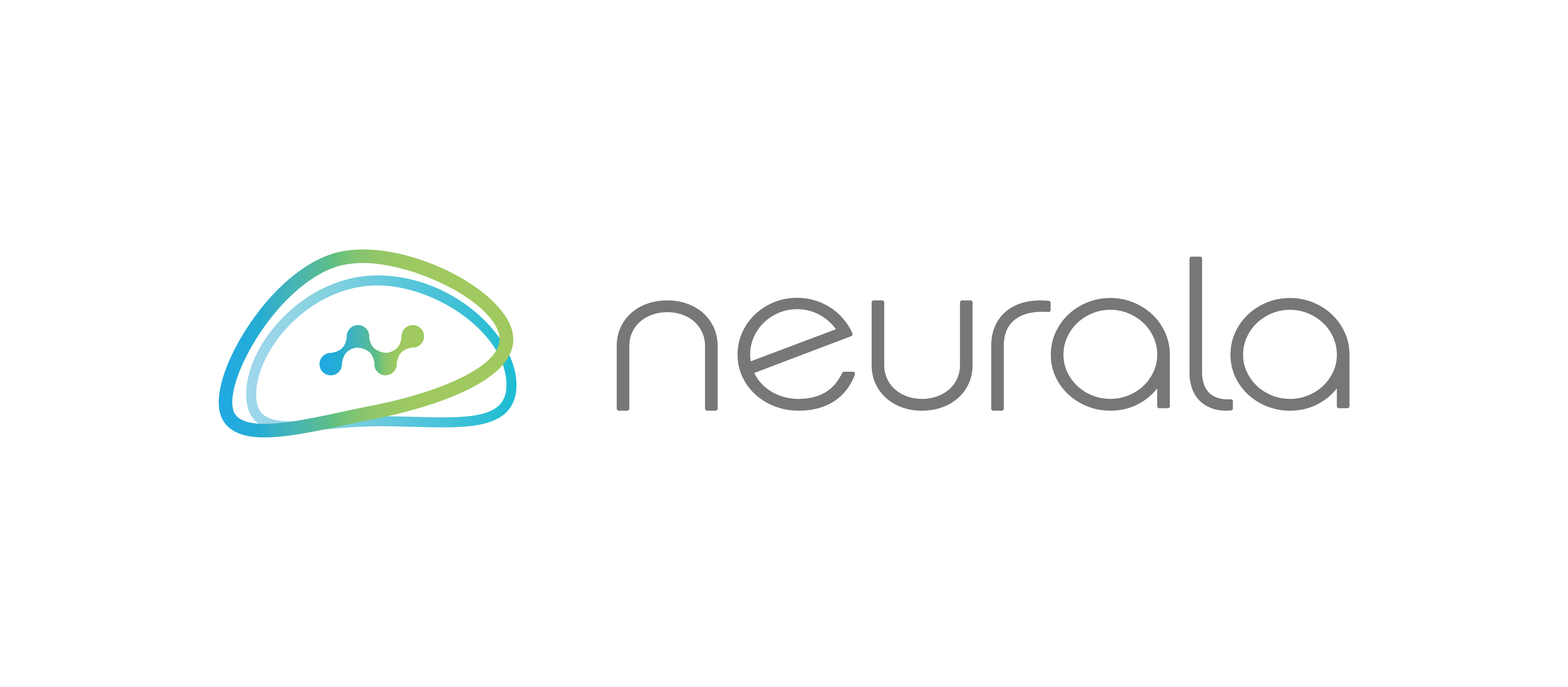If You're Worried About AI Taking Your Job, Consider This
This post originally appeared on Forbes.
While experts disagree on when and how much artificial intelligence (AI)-powered robotic technologies will ultimately impact human workforces, it's clear that today’s career paths, as well as those of future generations, will be forever changed due to the introduction of AI.
As for myself, my profession is to build AI, so I can’t be completely objective. Perhaps it’s no surprise that, instead of warning you about impending AI-triggered catastrophes, I am upbeat about the technology. But I do have kids, and I ask myself what their jobs are going to look like when the time comes and how AI could impact their future career choices.
What jobs will AI replace, and are they all ‘good?’
What are these jobs that we are so afraid to lose to AI and automation? Artificial intelligence, coupled with robotics, is set to sideline humans who drive taxis or trucks, interpret medical records, assemble a product in a factory, perform inspections of infrastructures and secure a building after hours, for example.
But let’s take a closer look at a few “at-risk” categories targeted by AI-powered machines.
• Assembly Worker: Tirelessly working to assemble component parts of a product using either their hands or various machines, workers face the risk of injuries as well as the strain of performing repetitive tasks day after day for years.
• Coal Miner: Extracting coal from underground mines and transporting and securing it are the main duties. Risks to health include mine collapses and exposure to toxic chemicals and fumes, among others. It is a profession notorious for the number and severity of injuries.
• Taxi Driver: With a median salary of $24,300, taxi drivers collect fares by transporting customers to various destinations. They must cope with the stress of traffic and risk of accidents. And, with the popularity of services like Uber and Lyft, they are struggling to remain competitive.
These jobs employ millions of people worldwide today. While in principle, all jobs are great and noble in spirit and enable us to eat, many are repetitive, dull and/or dangerous. So, what will be the impact if AI eventually takes them away from us?
Imagine a world where taxi drivers and coal mine workers are AI-powered robots, and products are assembled by just a few humans overseeing scores of machines working tirelessly around the clock for them. Let’s imagine a world where each human has potentially hundreds or thousands of “AI workers” at her disposal, able to complement and amplify her reach.
We would certainly need to address the elimination of jobs by automation with compassion and the creation of new opportunities. But while those jobs won't come back, many believe that the economic growth fueled by AI will actually increase the number of new jobs in the future.
What if we had machines help us and reduce the length of our workday?
A positive result of increased AI and automation in the near future is the ability of human workers to manage AI workers rather than perform all the manual work themselves. This could increase productivity and output with less and less time required of a human worker. In essence, workers will produce more in less time.
Just a few centuries ago, before being stuck in front of a computer or behind the wheel of a taxi all day long, most people did not work very long hours at all, with workdays characterized by a slower tempo and frequent pauses for meals, naps and socialization. This changed during the industrial revolution. By 1940, eight-hour workdays were the norm. Today, the price to pay for that new iPhone is most of your precious day.
It’s paradoxical, but I believe AI can give us back some of that time and make us more human.
Increased automation and AI-powered and amplified productivity can help us to rebalance the unbalanced lifestyle that people in advanced countries like the United States are today experiencing. Imagine a four-hour workday (unbelievable as it may sound) where a factory worker manages 45 robots able to produce 10 times as much as he could by himself every single day working 15 hours per day. What would that factory worker do with his extra time?
In his speech before Harvard’s 2017 graduating class, Facebook CEO Mark Zuckerberg told students that increased automation could strip humans of their jobs that helped give previous generations “a sense of purpose.” I firmly believe that AI could free us to dedicate more time to activities that really matter, enabling us to live a more balanced lifestyle, with work, some of which is repetitive and de-humanizing, not dominating our lives.
When I was a kid back in Italy, we were reading a passage in Dante’s Divine Comedy in which the Greek hero Ulysses goes beyond the established limit to seek forbidden knowledge as he attempts to reach purgatory. In this passage Ulysses addresses his crew, saying, “Consider your origins: you were not made to live as brutes, but to follow virtue and knowledge.”
Ulysses is right. We were not born to work dull, dangerous, repetitive jobs; we were born to follow virtue and knowledge. Perhaps AI will be the technology that will help humanity reach its full potential, making us our best selves. Libertá!
Forbes Technology Council is an invitation-only community for world-class CIOs, CTOs and technology executives.

